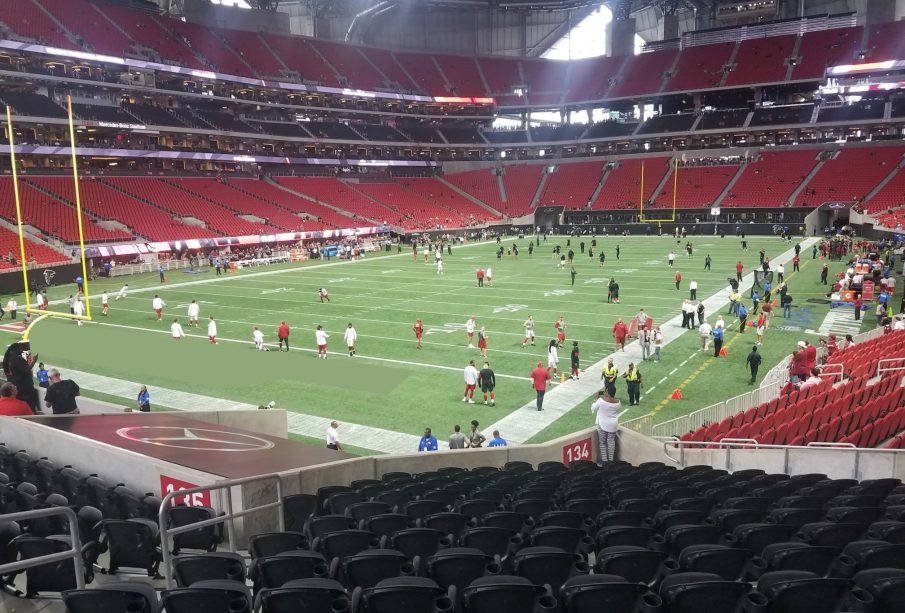The Significance of Mercedes Benz Stadium in Atlanta

Introduction
The Mercedes Benz Stadium, located in the heart of Atlanta, Georgia, has become a pivotal venue for sports and entertainment since its opening in 2017. Home to the Atlanta Falcons of the NFL and Atlanta United FC of Major League Soccer, the stadium has not only transformed the landscape of professional sports in the region but has also played host to numerous high-profile events, including the Super Bowl and the NCAA Championship. This multi-purpose facility reflects the modern evolution of sports venues, combining state-of-the-art technology with a commitment to sustainability.
Key Features and Events
Designed by renowned architecture firm HOK, the Mercedes Benz Stadium can accommodate up to 75,000 spectators, featuring one of the world’s largest video boards and a unique retractable roof. Its innovative design allows for a variety of configurations, making it suitable for football, soccer, concerts, and other events. This flexibility has attracted a diverse range of activities, from international soccer matches to major concerts, further solidifying its status as a premier destination.
In recent months, the stadium has hosted a series of notable events, including the 2022 Peach Bowl and various concerts that have brought in thousands of fans. The facility’s commitment to providing a world-class experience is evident in its advanced amenities and fan-centric services, which have received widespread acclaim from attendees.
Economic Impact and Future Prospects
The impact of Mercedes Benz Stadium on the local economy cannot be understated. It not only generates substantial revenue through ticket sales and tourism but also creates thousands of jobs. With its presence, Atlanta has seen a boost in hotel bookings, restaurant patronage, and overall foot traffic in the area.
Looking forward, the stadium aims to host even more diverse events, with plans to attract large-scale concerts and national sports events. The city of Atlanta is also keen to promote the stadium as a venue for major tournaments and events, positioning it as a central hub for sports and entertainment in the southeastern United States.
Conclusion
Mercedes Benz Stadium stands as a monument to modern sports architecture and urban revitalization. Its role extends beyond just being a venue for sports; it is a catalyst for economic growth and community engagement. As it continues to evolve and adapt, the stadium will play a vital role in shaping Atlanta’s cultural and economic landscape for years to come.








